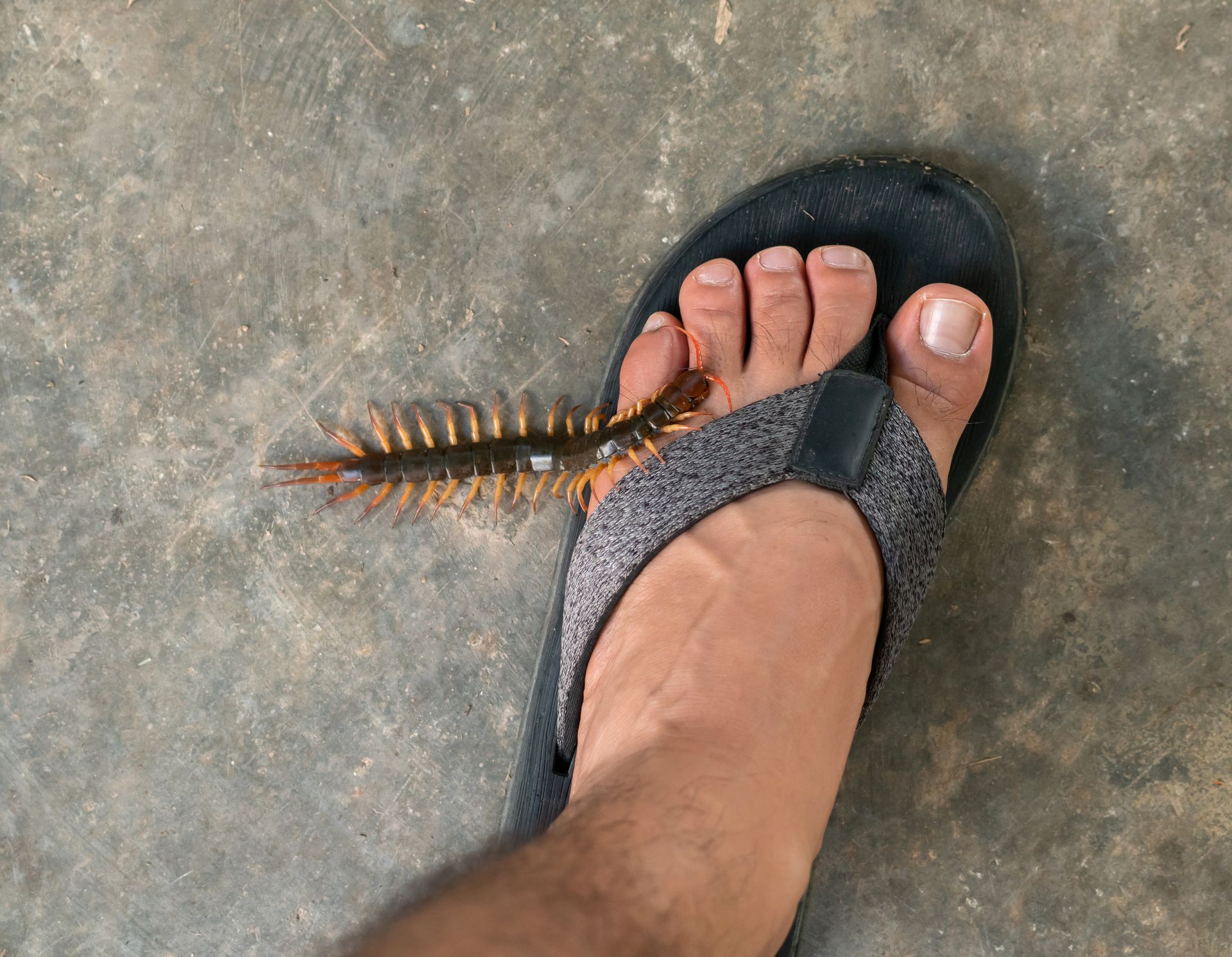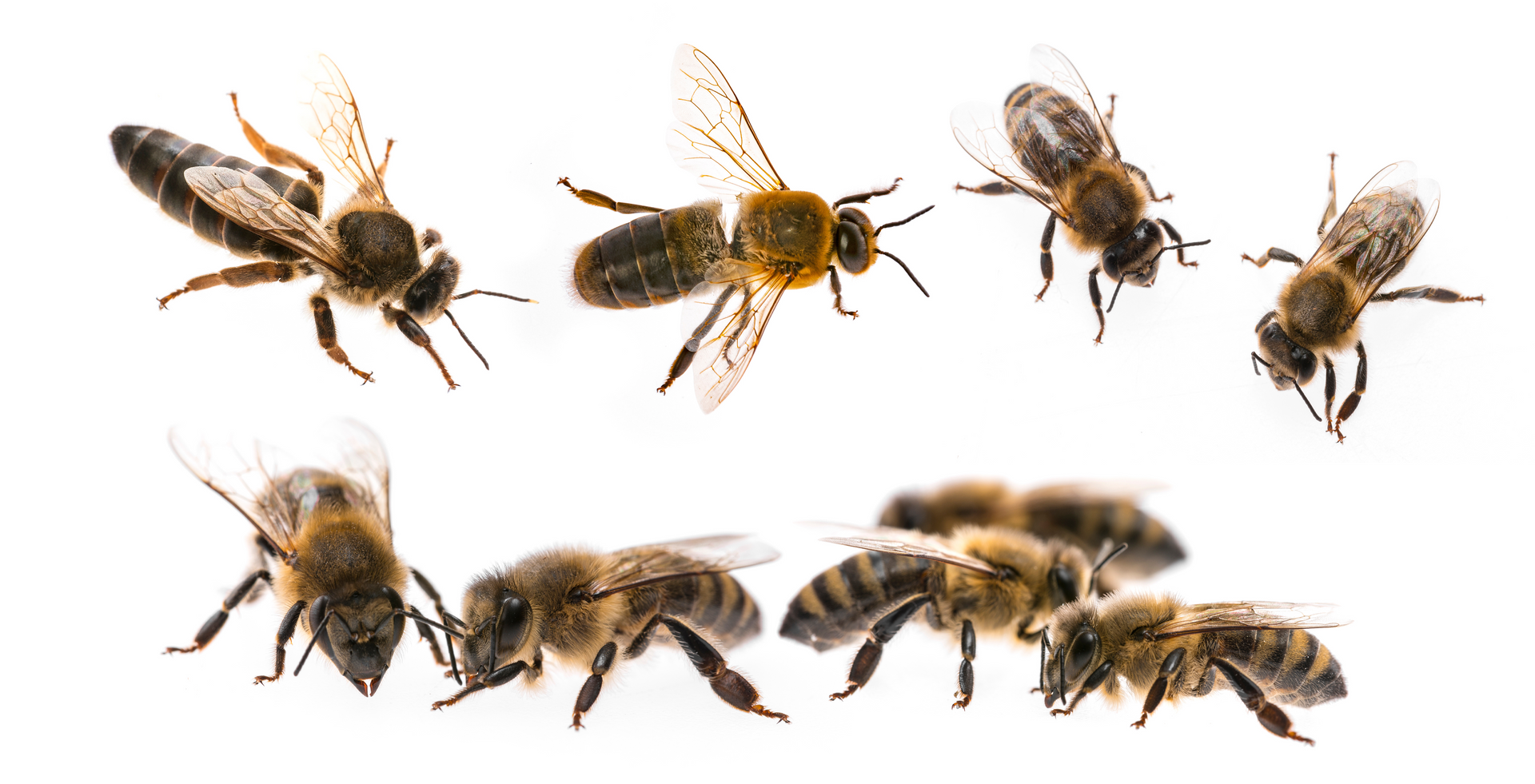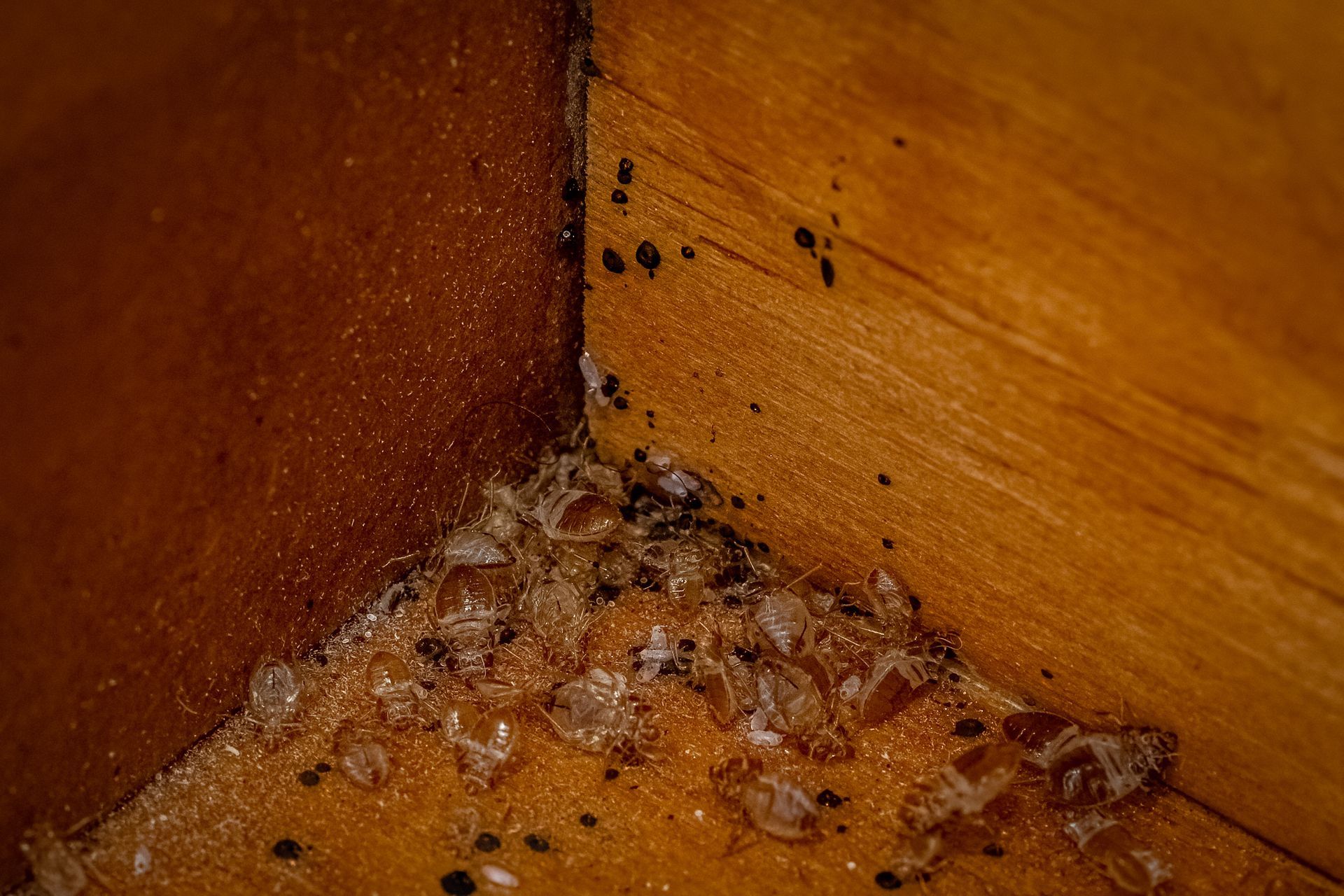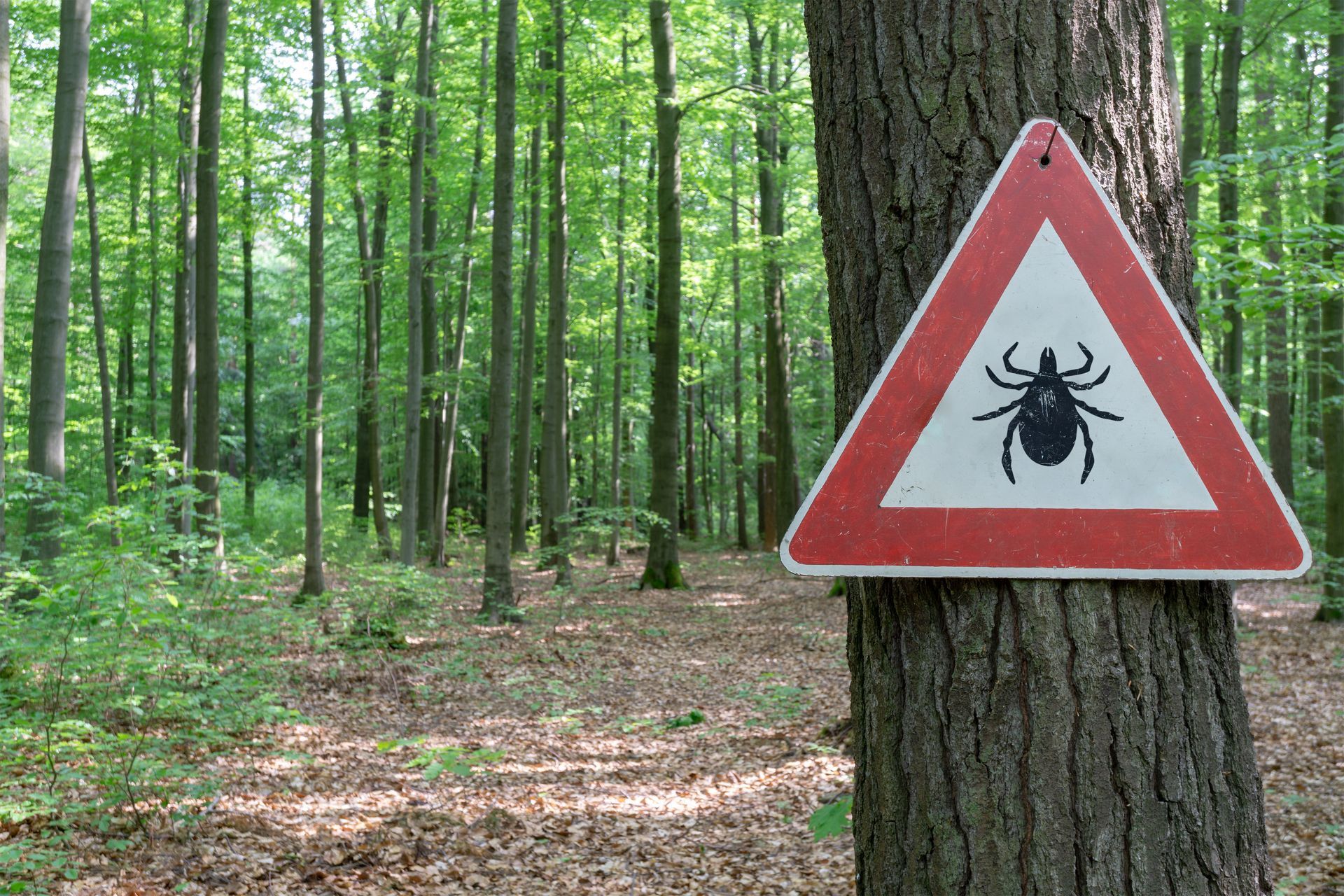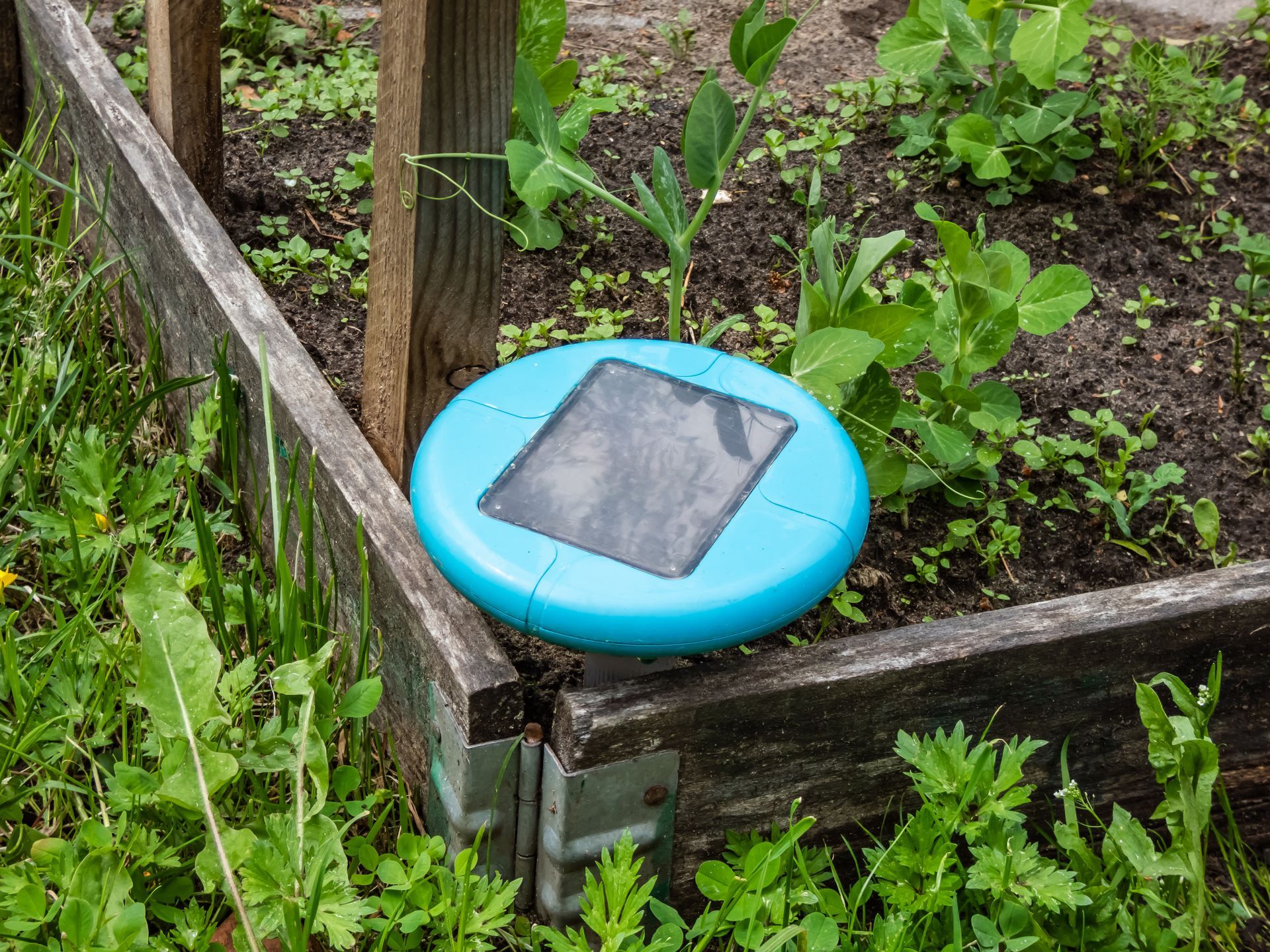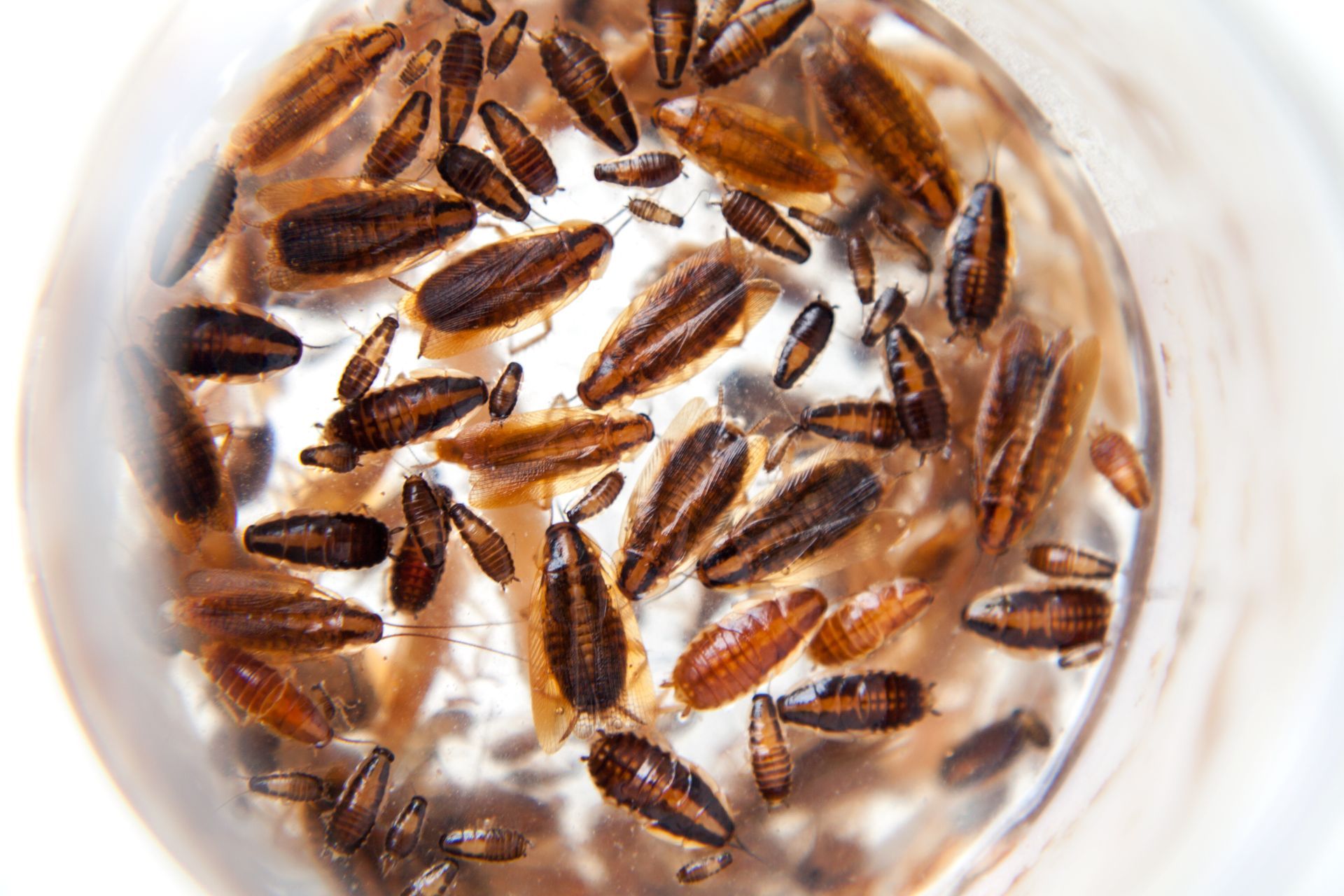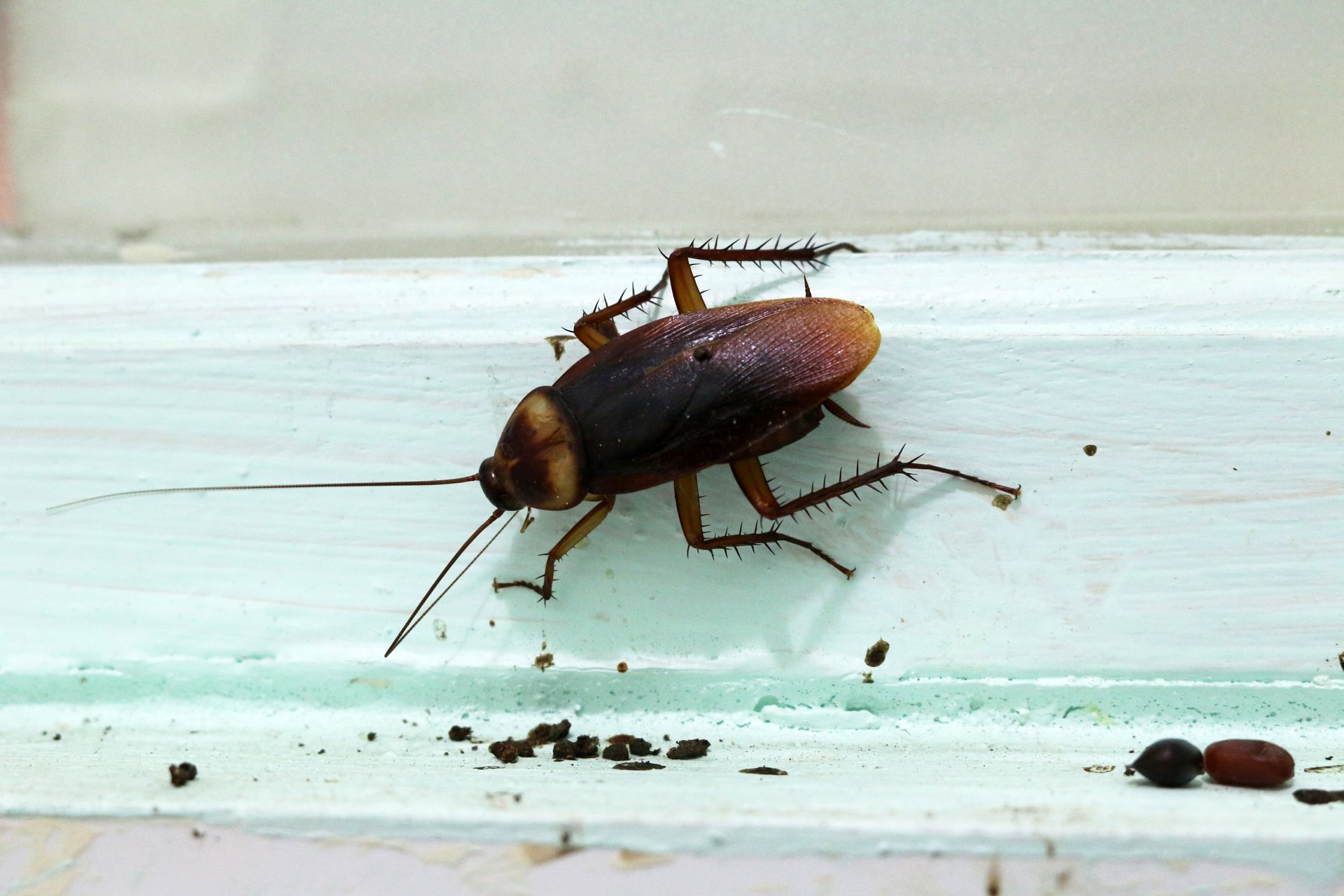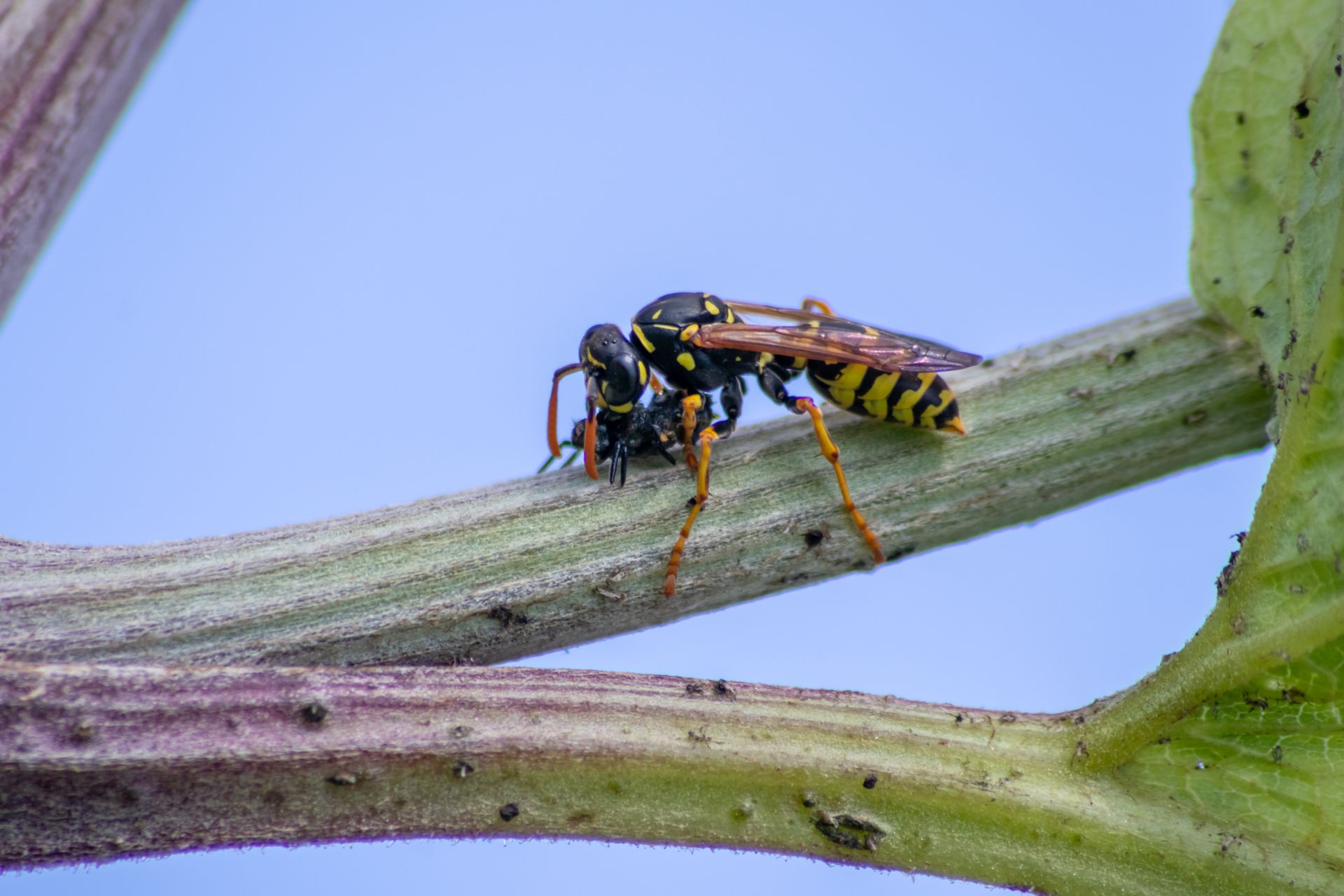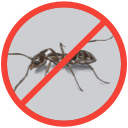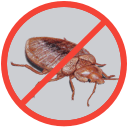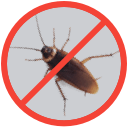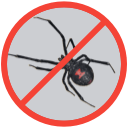What Repels Mice?
There are several natural mouse repellents that supposedly work to prevent mice from invading your home or business. Unfortunately, the effectiveness of some of these strategies are questionable because only a handful of the mice repellents have shown that they are effective at deterring mice. Some of these strategies may only provide some short-term relief, but mice are adaptable and will overcome minor discomforts if that is what stands in their way of a meal. It is important to note that it can also much more difficult to get rid of mice with these techniques if they have already established a nest inside your home.
What Scents Will Keep Mice Away?
Mice have an extremely strong sense of smell that they use to navigate the world around them. They have developed this sense as a way of ensuring that they can find food as well as stay away from areas that smell like potential predators. There are smells that mice avoid as well as smells that are so overpowering that they can confuse mice and cause them to lose the scent of a potential meal or predator close by. The different smells that deter mice will be explored below to determine the truth of their effectiveness.
List of Services
-
1. Do Cats Repel Mice?List Item 1
A house cat is a great mouse deterrent. They will leave their scent all over which may scare off mice all together. They will also be on constant patrol for any mice that venture close enough into the cat’s territory. That being said, this is a large commitment and an unrealistic option for individuals suffering from cat allergies.
-
2. Does Cat Litter Repel Mice?List Item 2
Leveraging the predator – prey relationship between cats and mice doesn’t always require cats to actively be around. Soiled cat litter smells enough like a mouse’s mortal enemy that it can be an effective mouse repellent. Using soiled cat litter by access points has been shown to ward off mice but this strategy is only effective temporarily. This strategy loses its effectiveness over time due to mice being exposed to a parasite called Toxoplasma gondii found in cat urine. This parasite alters a mouse’s brain chemistry so the natural fear response to cats fades over time.
-
3. Does Ammonia Repel Mice?List Item 3
Ammonia has been said to be an effective mouse deterrent because it smells like cat and fox urine. Some studies have shown that ammonia isn’t effective at deterring mice but there is an abundance of anecdotal evidence that indicates that ammonia treatments are effective for short periods. The smell of ammonia is strong and when used properly in confined areas where the smell isn’t dispersed by passing air, it may overwhelm the sensitive nose of mice. It might help to soak rags or cotton balls in ammonia and place them inside of drawers, cabinets, and mouse holes. The downside to this strategy is that the smell of ammonia will fade over time and it likely won’t be effective at all if the ammonia is used in areas that get plenty of fresh air.
-
4. Do Mothballs Repel Mice?List Item 4
Mothballs are thought to be effective against mice due to the fact they contain naphthalene. Naphthalene is a strong-smelling white substance used to deter moths and other cloth eating insects. The reason why naphthalene is thought to be an effective mouse deterrent is because mothball fumes cause respiratory problems when large enough amounts are used. Using mothballs liberally around a home is not recommended though because long term mothball exposure can also cause serious problems in humans.
-
5. Does Bleach Repel Mice?
This strong-smelling liquid has been shown to have some effectiveness at deterring mice by overwhelming their sense of smell with that caustic bleach odor. The cleaning power of bleach is also useful when cleaning up mouse poop and eliminating food remnants and residue that may attract mice in the first place. The downside to bleach is that they can be overpowering and unpleasant for humans to inhale as well.
-
6. Does Vinegar Repel Mice?
White vinegar, rice vinegar, and apple cider vinegar all have an acidic smell that acts as a semi effective mouse deterrent. While this strategy can be used to some success, it isn’t recommended that this is the only mice repelling strategy used. This is much more effective when used with other mouse deterrents. Since the smell fades quickly, vinegar will need to be reapplied liberally to ensure that mice are kept away. It is also recommended that this is sprayed liberally and undiluted in areas that have shown mice activity.
-
7. Do Dryer Sheets Repel Mice?
Dryer sheets have a strong enough scent that it may overpower a mouse’s sense of smell and block out any scents of food. That being said, dryer sheets are shown to be less effective against mice. Mice are commonly seen in laundry rooms and will generally make their nests using leftover dryer fluff.
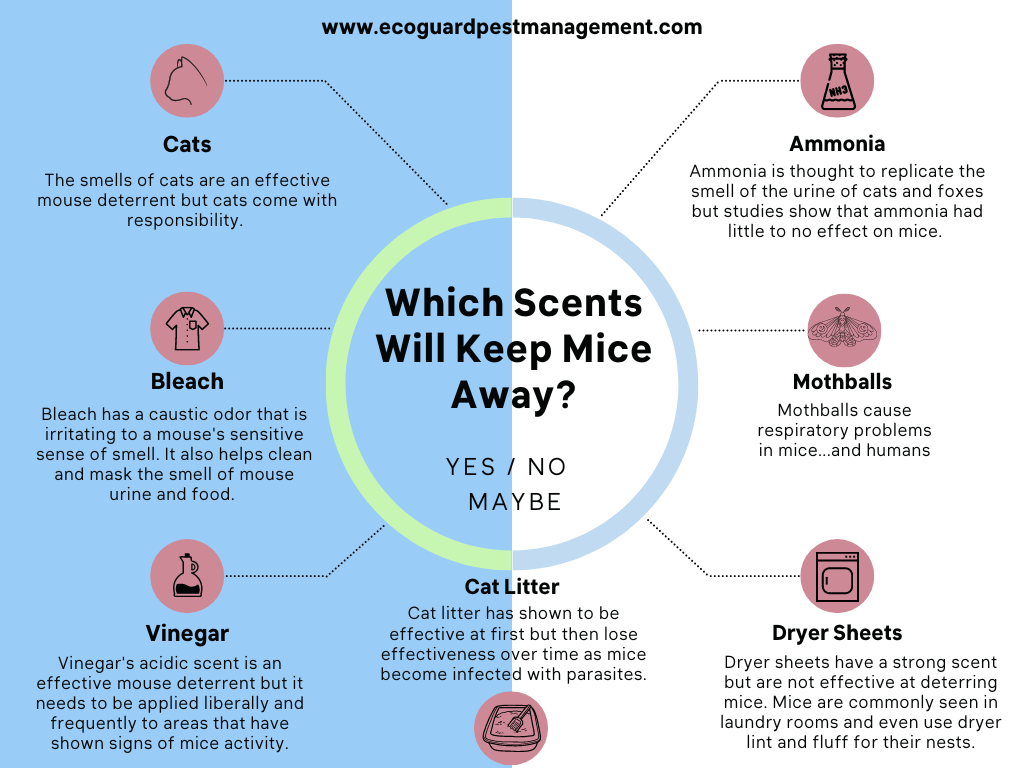
What Repels Mice Naturally?
While there are several household items that mice dislike, several of those items can also prompt negative reactions in humans and pets. The following are all natural mouse deterrents that can be used around the house. We explore these different natural mice repellents to determine if they are effective at deterring mice.
List of Services
-
1. Does Peppermint Repel Mice?List Item 1
Peppermint plants and other mints have historically been used as mouse deterrents. Planting peppermint around the entry points into your home has been recommended because peppermint plants have a strong menthol scent that mice dislike. However, mice are highly intelligent and will adapt to smells much like humans do. While the smell of the plants may initially work, it is a matter of time before the mice acclimate to the smell and ignore it in search of food and shelter.
-
2. Does Chili Powder / Cayenne Pepper Repel Mice?List Item 2
Chili powder and cayenne pepper are other irritants that can cause respiratory problems if breathed in or eaten. These irritating effects have been reported to be effective at deterring mice, but chili powder and cayenne pepper can also impact humans and pets. Real life application may prove to be less than practical if the solution is not cost effective and proves to be problematic for animals and small children.
-
3. Does Cinnamon Repel Mice?List Item 3
Cinnamon has a pungent spicy scent that mice do not like. This means that cinnamon can be effective at keeping mice away. While it may not make sense to dust your home with cinnamon powder, it does help to keep cinnamon sticks stashed in cabinets, cupboards, and drawers around the kitchen to deter these small rodents.
-
4. Do Cloves Repel Mice?List Item 4
Like cinnamon, cloves also have a strong spicy aroma that mice dislike. That being said, cloves by themselves typically don’t have a scent strong enough to deter mice. It is recommended that cloves are used with other mouse repellent strategies to maximize their effectiveness. Another option is to use a concentrated clove oil.
-
5. Botanical Repellents for Mice
There are botanical repellents that are advertised as effective against mice. They are contained in bags that are generally placed in mice paths and hiding places and are designed to overwhelm the mice’s sense of smell. These scent pouches include essential oils and plant matter that are known to bother and irritate mice. They are toted as a safe alternative to chemical repellents but similar to many other strong scented remedies, the mice may begin to acclimate to odors that stop them from accessing their food.
-
6. Outdoor Perimeter Repellents for Mice
These granular repellents generally contain a mix of essential oils and plant matter similar to the botanical repellents but in pellet form. This mix is designed to be sprinkled outside in a band surrounding the property. They are designed to be safe but the reviews for several brands indicate that this product is ineffective against mice.
Are Natural Mouse Repellents Effective?
While the natural mouse repellent strategies seem to be the easiest to implement, most are ineffective if used incorrectly, need to be applied in large amounts, or have little evidence that supports that the repellents work. The more effective strategies all require the use of harsh smelling household items or chemicals. Other effective strategies include using physical barriers and predators.
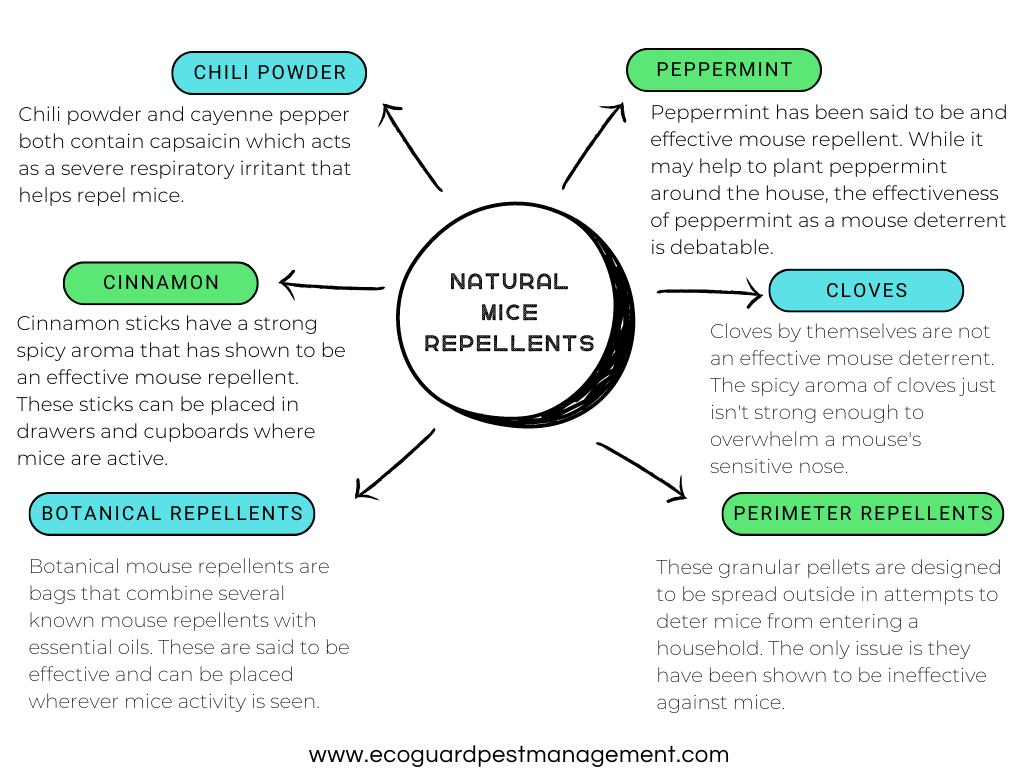
What Essential Oils Repel Mice?
While several of the natural remedies may not be effective because they are not strong enough by themselves, their concentrated essential oils may pack enough of a punch to be effective. We’ll explore if the following essential oils may provide some extra help when using just the natural remedy is not enough to deter mice.
List of Services
-
1. Does Peppermint Oil Repel Mice?List Item 1
While there are a lot of people who claim that peppermint oil is an effective mouse deterrent, the results indicate otherwise. Similar to peppermint plants, mice can adapt to the strong smell and learn to ignore it over time.
-
2. Does Chili Oil Repel Mice?List Item 2
This concentrated oil acts much like pepper spray would to a human. It is incredibly irritating to a mouse’s sensitive sense of smell and will cause a mouse to avoid this oil at all costs. The only problem is that this oil can also act like pepper spray to humans as well if it is breathed in. It is important to apply this in places where it won’t cause harm to humans, kids, and pets.
-
3. Does Clove Oil Repel Mice?List Item 3
While whole cloves may not be strong enough to deter mice on their own, clove essential oil may do the trick. Cloves have a strong, spicy aroma that is concentrated in essential oils, so this undiluted liquid can be applied to cotton balls and then left in areas that have shown signs of mouse activity.
-
4. Does Cinnamon Oil Repel Mice?List Item 4
Like clove oil, cinnamon oil is another strong-smelling essential oil with a spicy irritating aroma that mice dislike. This can be used as a spray and applied liberally to areas mice are attracted to or dripped onto cotton balls and placed where mouse activity has been noticed.
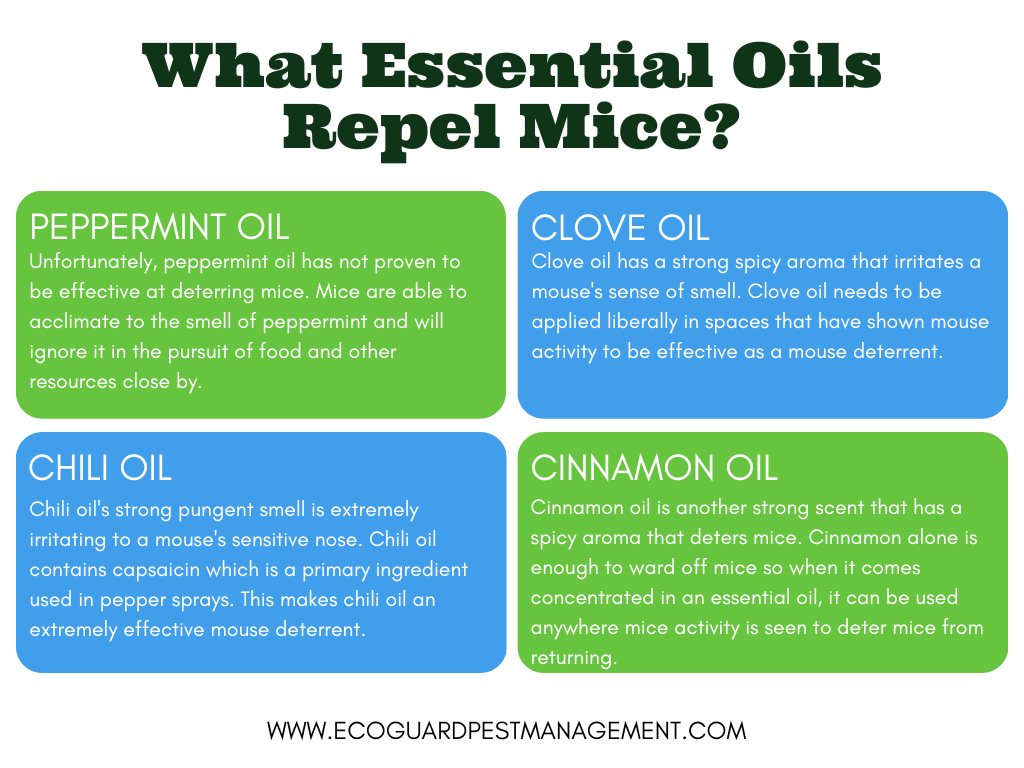
Other Mice Deterrents Homeowners Can Use Against Mice
While many of the most common mouse deterrents rely on a mouse’s sense of smell, there are other strategies that can be used. One of these strategies is an effective exclusion tactic that professionals use to keep mice out while the other has a less proven track record of effectiveness.
List of Services
-
1. Steel WoolList Item 1
Mice can find just about any way to get into your home if it is in search of food and resources. All they really need is a crack or crevice the width of a pencil to get into your home or business. If there are any openings that are littered with mouse poop , it would help to stuff the opening with steel wool. This is because mice can chew through just about anything, but they won’t try and chew through steel wool.
-
2. Ultrasonic Rodent RepellentList Item 2
There are several electronic rodent repellents that use ultrasonic technology to deter mice. While they advertise a high rate of success and efficacy using their high frequency sound waves to repel mice, most use cases have shown them to be largely ineffective over time. The mice acclimate to the ultrasonic sound much like strong smells and the effectiveness of this treatment option deteriorates quickly after a short period once introduced. In addition to acclimation, these ultrasonic noise emitters are also limited by the blueprints of a home. The sound isn’t loud enough to penetrate walls so the ultrasonic frequency can only be heard inside the room the sound was played.
Things to Know About Mice Repellents
- In the time you spend using natural repellents to combat mice, their populations could explode. An adult mouse can produce 100+ babies a year.
- Where to place deterrents is critical because you want to target common pathways, hiding places, and areas with food.
- After the mouse has left, exclusion strategies must be implemented immediately to prevent the mouse’s return.
- A mouse’s survival instinct will kick in and the mouse will find resources to avoid starvation even if it means overcoming unpleasant smells and noises.
- Ultrasonic frequency repellents don’t work through walls
How to Keep Mice Away from Outside of Your House
Mice prevention strategies are a great way to help deter mice from your home. The problem is that mice are incredibly smart and are great at finding their way inside. Proper exclusion methods will need to be implemented to minimize the potential for mice activity and the spread of mice related diseases. There are a few strategies that homeowners can implement but without the right training and experience it is much better to rely on the help of professionals to do the job for you.
Mice Exclusion
Exclusion tactics include any measure designed to keep mice out of your home.
- Repairing damages: Repairs will help block access points and eliminate any unnecessary cracks and crevices.
- Using steel wool: Steel wool is easy to cram into a hole, opening, crack, or crevice and mice generally won’t try and chew through it.
- Close openings: Seal vents with mesh caging and place door sweeps under exterior doors to minimize access points for mice.
Remove What Attracts Mice
Mice need food, water, and shelter to sustain themselves and their young. By removing at least one of these resources, homeowners can minimize the likelihood of a mice problem.
- Cleaning the mess: The best offense is a good defense. To deter mice, get rid of what is attracting them. Clean up all areas and remove any instances of food or drink that may attract mice. Also be sure to clean up after rodents that are already a problem because the smell of mice urine attracts mates.
- Fix leaks and remove sources of water: Aside from food, mice also need a source of water to stay hydrated. By fixing leaks and sources of available water, you can remove one of the elements mice need to thrive.
Landscaping
Mice use the cover of shrubs and tall grass to reach the exterior foundation of a home.
- Keep bushes trimmed back: Mice can use outside shrubbery for cover when trying to find access points to your home. Cutting bushes back away from a home will create a gap that will expose mice to predators like cats and birds of prey.
- Keep lawns trimmed: By keeping grass cut short homeowners can remove the cover of tall grass that mice use to get around.
Professional Mouse Control
Professional rodent control uses integrated pest management strategies to ensure that mice and other pests are prevented all together. If there are signs of pest activity, a modest approach with minimal harsh chemical pesticides is used to help eliminate the problem effectively and efficiently.
Contact EcoGuard Pest Management if You Are Dealing with Mice Problems
Due to the ineffectiveness of most of the reported natural mice repellents, professional mice control is recommended for your mice and rat problems. If you are seeing signs of mice activity you should call EcoGuard Pest Management to schedule a free rodent inspection today. A licensed mice exterminator will be out shortly to inspect your home for signs of mice and will provide you an estimate for quick and effective treatment.


